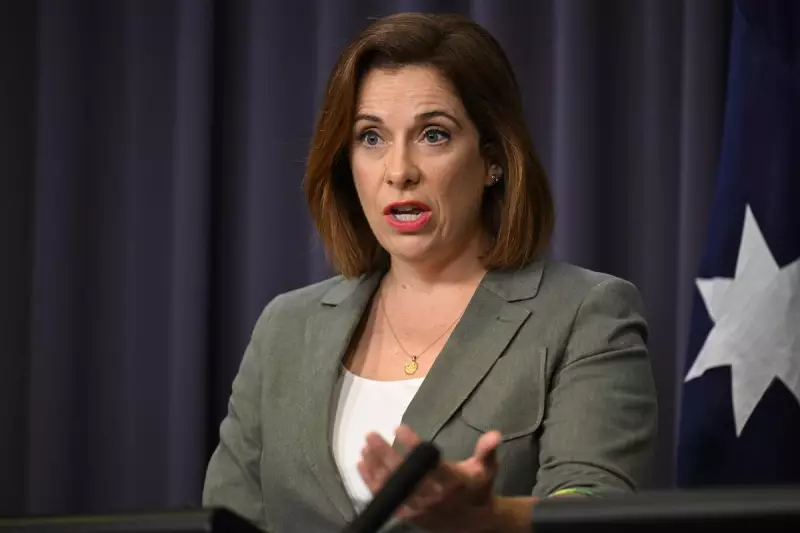
Federal Minister Anika Wells has declared she will not be intimidated after Australia's groundbreaking social media ban for children under 16 faced a legal challenge in the High Court. The Minister for Aged Care and Sport stood firm on the government's position despite the constitutional test looming over the controversial policy.
Legal Challenge Mounts Against Landmark Policy
The High Court challenge targets legislation passed just last week that empowers the eSafety Commissioner to implement age verification technology preventing children under 16 from accessing social media platforms. The laws represent one of the world's most aggressive stances against youth social media access, putting Australia at the forefront of digital child protection efforts.
Ms Wells addressed the media in Brisbane, making her position unequivocally clear. "We will not be intimidated by these court challenges," she stated firmly. The Minister emphasized that the government remains committed to protecting Australian children from the documented harms associated with social media platforms.
Government's Determination Amid Constitutional Questions
While the specific plaintiffs behind the High Court action haven't been publicly named, legal experts anticipate the challenge will focus on constitutional matters, potentially including implied freedom of political communication. The case represents a significant test of the government's authority to regulate digital spaces in protection of minors.
The legislation passed through Parliament with unexpected speed and bipartisan support, reflecting growing concern among lawmakers about the impact of social media on youth mental health and development. Both major parties acknowledged the need for robust measures despite potential legal hurdles.
Ms Wells reinforced the government's preparedness for a legal battle, indicating they had anticipated constitutional challenges from the outset. "We knew this wouldn't be straightforward when we embarked on this path," she acknowledged, while maintaining confidence in the legislation's foundations.
Broader Implications for Digital Regulation
The outcome of this High Court case could establish crucial precedents for how governments worldwide approach age verification and digital protection for minors. Australia's aggressive stance is being closely watched by international regulators grappling with similar concerns about children's online safety.
The eSafety Commissioner now faces the complex task of developing and implementing the required age verification technology while the legal proceedings unfold. The technical implementation details remain under development, with privacy concerns and effectiveness being key considerations in the design process.
As the legal battle prepares to commence, parents, educators, and technology companies alike await the outcome that could reshape how young Australians interact with digital platforms. The case promises to be a landmark decision in the ongoing balance between child protection and digital freedoms.





